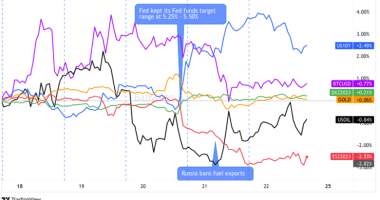Kiwi bulls retreated against the majors this week despite positive vibes from the global markets and better-than-expected NZ data. There doesn’t seem to be a direct catalyst, but it’s possible trade issues with China and/or updates from the recent hack on the Reserve Bank of New Zealand may have been the culprits.


New Zealand Headlines and Economic data
Monday:
No major news or catalysts from New Zealand on the session, but we did see a uniform move higher in NZD against the majors during the U.S. session, with exception against the Aussie. This was likely mainly driven by positive risk sentiment, likely supported by the overall themes of further covid stimulus and recovery expectations that has driven risk higher for a while now.
Tuesday:
New Zealand Finance Minister reveals budget plans, promises “bold action” on housing
“New Zealand’s debt level by the year 2034 is forecasted to be about NZ$60 billion ($43.3 billion) less than previously expected on the back of a strong recovery from the COVID-19 pandemic, the finance minister said on Tuesday.”
NZ inflation expectations rise further in Q1 2021: RBNZ
Wednesday:
The Kiwi was a big loser on the session, with no apparent direct catalyst for the move. It may have been driven by Orr’s speech on the recent hack on the RBNZ, or maybe it could have been related to news of China suspending seafood imports from NZ, sparking geopolitical concerns?
Thursday:
New Zealand electronic retail spending falls 0.4% in January; Actual sales rose 1.9 percent from the same month a year ago, Statistics New Zealand said on Thursday; actual sales rose 1.9%
Friday:
New Zealand Business NZ manufacturing index up from 48.3 to 57.5
New Zealand food price index up 1.3% after earlier 0.1% uptick – In January 2021 compared with January 2020:
- fruit and vegetable prices increased 6.9 percent
- meat, poultry, and fish prices decreased 1.7 percent
- grocery food prices increased 1.2 percent
- non-alcoholic beverage prices increased 0.4 percent
- restaurant meals and ready-to-eat food prices increased 3.9 percent.








